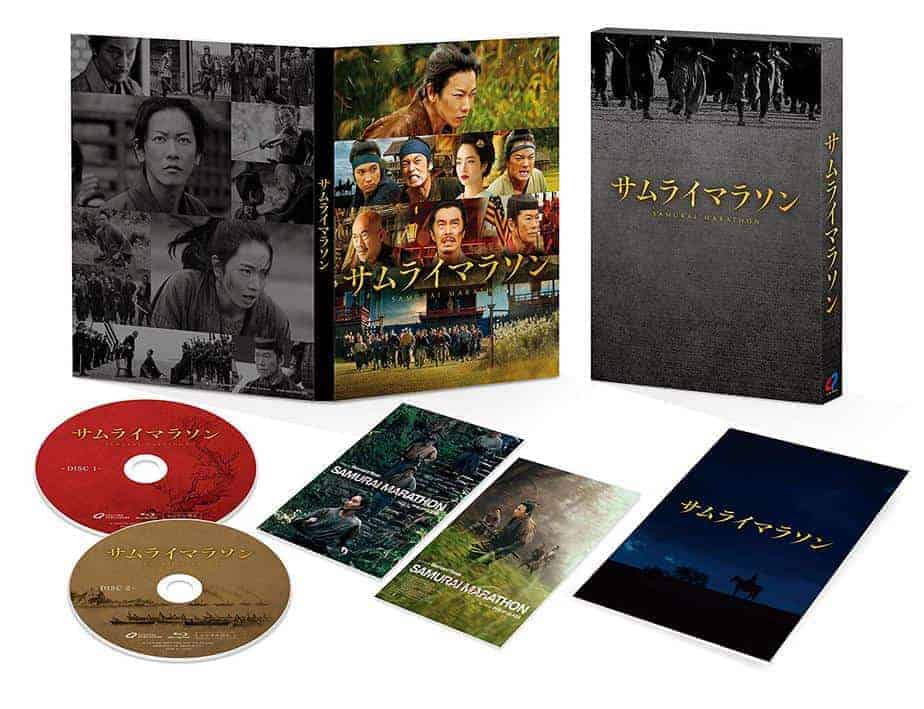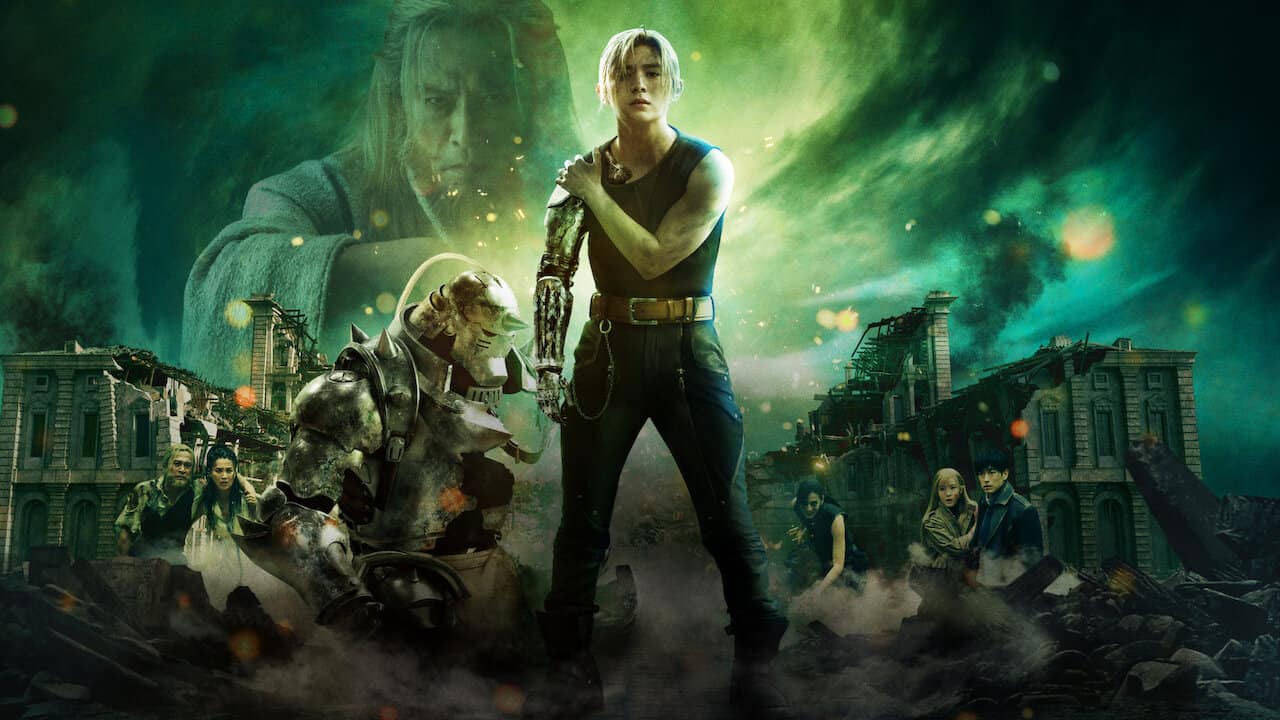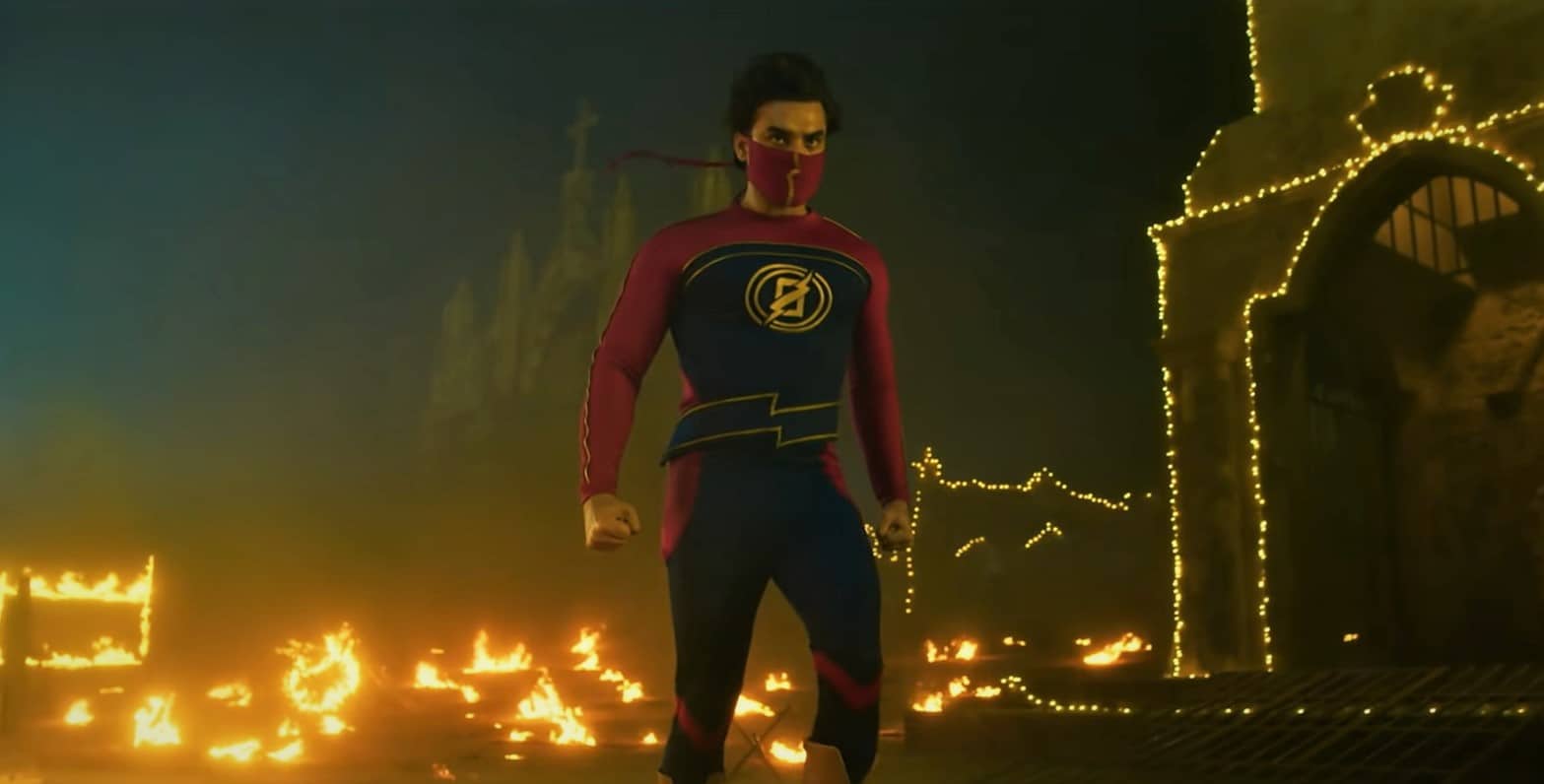14. Day and Night (Michihito Fujii)
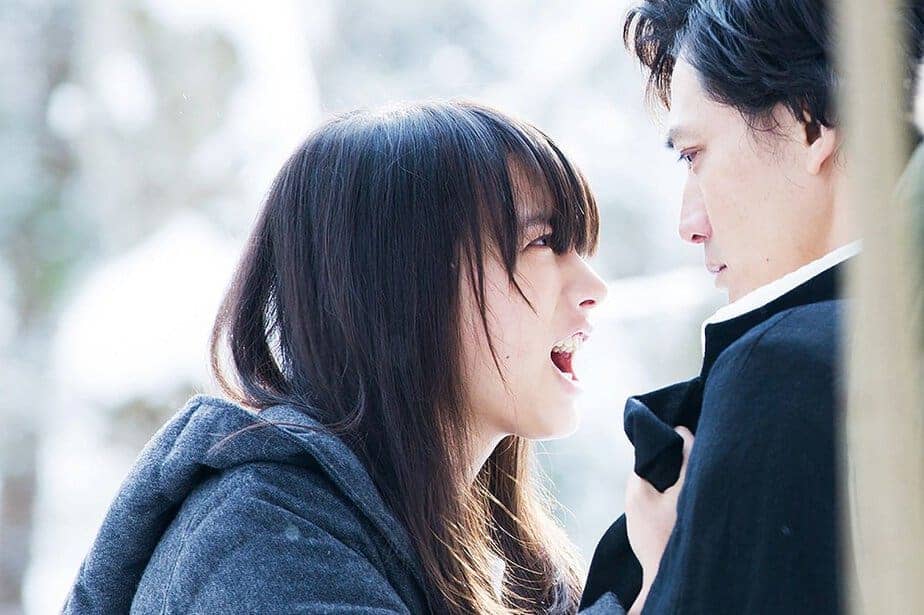
Filled with a completely engrossing story that blends genres effective, fantastic performances by good looking actors and similarly attractive cinematography, “Day and Night” proves to be a strong entry in director Michihito Fujii's filmography and one that deserves to be sought out. (Rhythm Zaveri)
Buy This Title
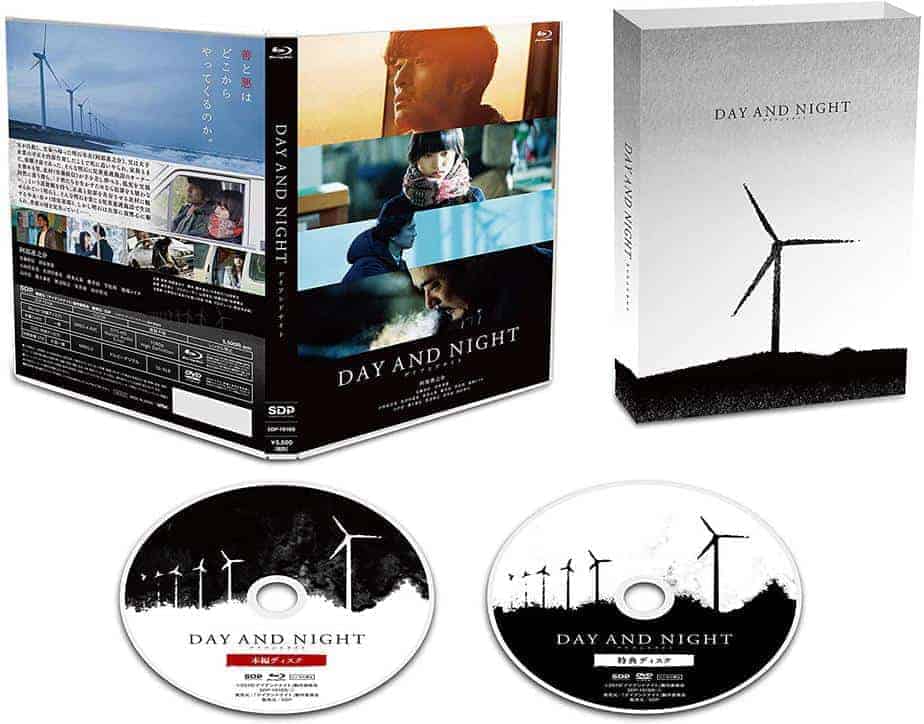
13. Demolition Girl (Genta Matsugami)
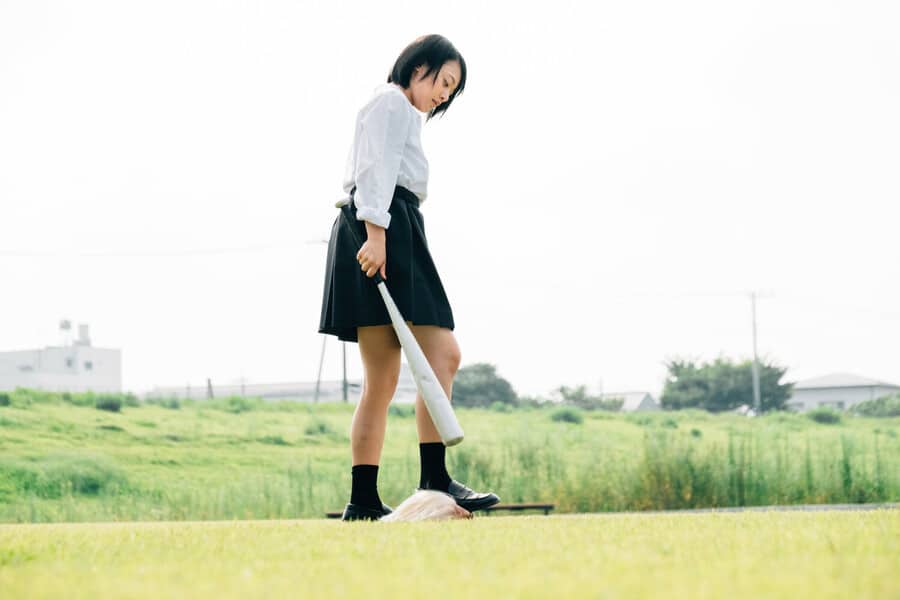
But Cocoa is determined to be her own woman and not be forced into decisions. The discovery of her starring in the videos blows her chance of escape, with the school overturning its decision to offer her a scholarship to study at university. But she takes full responsibility for her actions and will lead her own life. She refuses to squash living creatures with her feet after offers of more money to do so; she refuses stolen money; and her father gambling with her future seems far from an option she will rely on. Far from destructive, the Demolition Girl wants to make her own life, and she will do it legitimately and on her own. (Andrew Thayne)
12. Orphan's Blues (Riho Kudo)
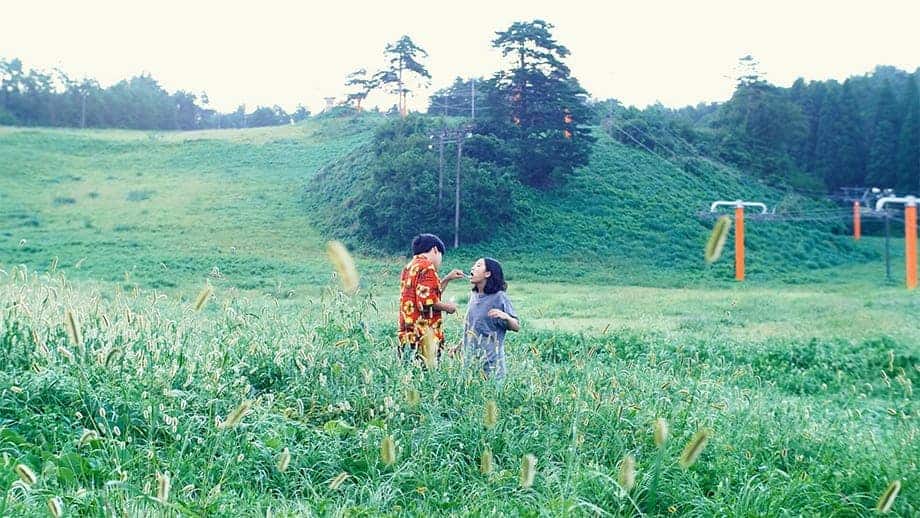
Director Riho Kudo uses emotions and moods as a storytelling device where the narration leaves some opacity here and there. The story is lightly penciled, and then brought to life with vivid brush-strokes of intense emotions. Watching Emma fending off her derangement, worsening rapidly and going from concerned confusion to oblivious dementia is gut-wrenching. “Orphan's Blues” is a film that gets under your skin and Yukino Murakami really shines in Emma's role, giving a very physical performance with only sparse lines of dialogue. (Adriana Rosati)
11. Samurai Marathon (Bernard Rose)
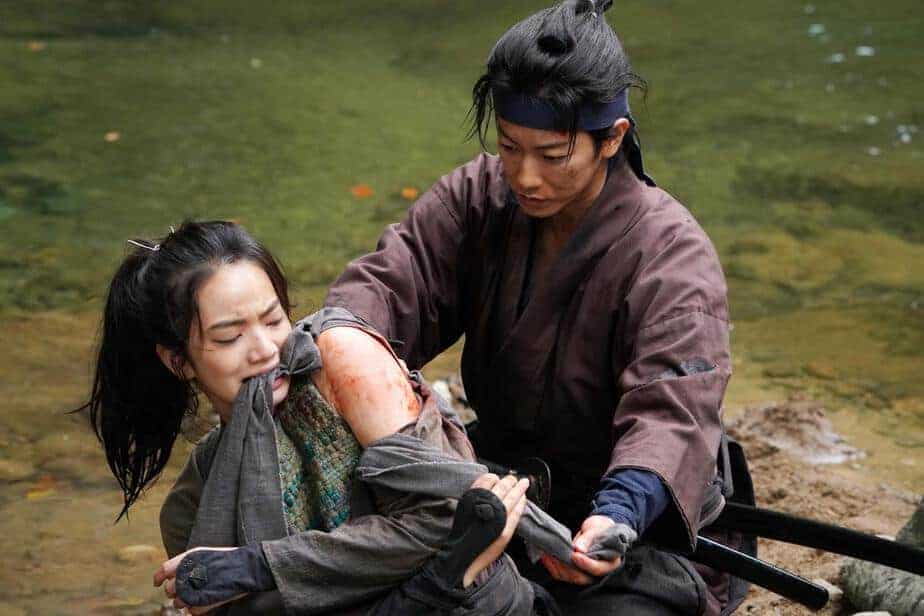
Apart from the performances of his cast, most importantly Nana Komatsu and Takeruh Sato, one of the great positives of the film is the visualization of the marathon itself. Using parallel montages of the approaching assassins, Rose and cinematographer Takuro Ishikaza highlight the dynamics and dramatic value of the situation without relying on steadicams. Instead “Samurai Marathon” shows the beauty of the Japanese landscape, a setting which is quickly changing into a battlefield once the assassins have arrived. Additionally, the score conducted by Philip Glass underlines the sense of urgency of these scenes, while also emphasizing the idea of a country at the brink of change. (Rouven Linnarz)


